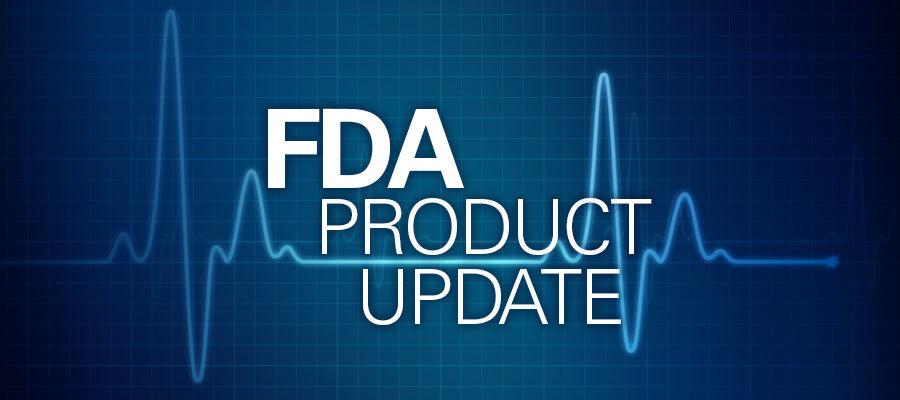FDA: Don’t use certain prenatal tests to diagnose genetic abnormalities

Health care providers should not use non-invasive prenatal screening tests alone to diagnose genetic abnormalities due to the potential for false results, the Food and Drug Administration warned last week. Also known as cell-free DNA tests or non-invasive prenatal tests, these laboratory developed tests in most cases are not reviewed by the FDA.
“Patients and health care providers should be aware of the risks and limitations of using these genetic prenatal screening tests and that they should not be used alone to diagnose chromosomal (genetic) abnormalities,” FDA said, citing reports that some patients and providers have made critical health care decisions based on the results without additional confirmatory testing.
Related News Articles
Headline
The Food and Drug Administration has identified a Class I recall of certain FreeStyle Libre 3 and FreeStyle Libre 3 Plus…
Headline
Thomas McGinn, M.D., senior executive vice president and chief physician executive officer at CommonSpirit Health, shares how the organization aligns…
Headline
The Food and Drug Administration Feb. 3 released an early alert on a heart pump issue from certain Abiomed products. The agency said Abiomed found its Impella…
Headline
Stephanie Calcasola, R.N., chief quality officer and vice president of quality and safety at Hartford HealthCare, unpacks the programs, technology and cultural…
Headline
Wendy Kim, DNP, R.N., vice president and chief nursing officer of Henry Ford Health in Michigan, shares how the system’s virtual nursing program is reducing…
Headline
The Food and Drug Administration has identified a recall by Cook Medical of Zenith Alpha 2 Thoracic Endovascular Graft proximal components after Cook Medical…

